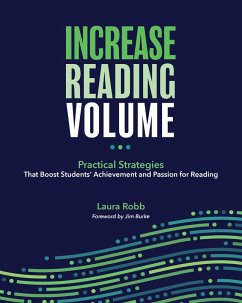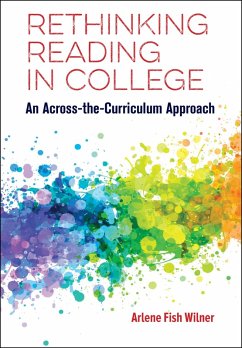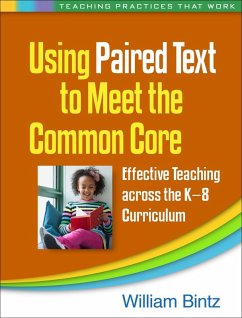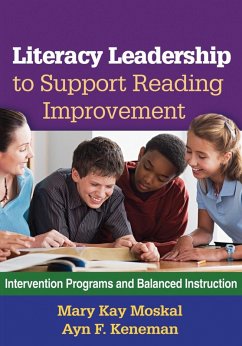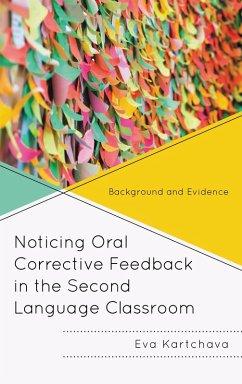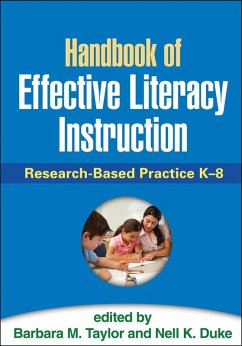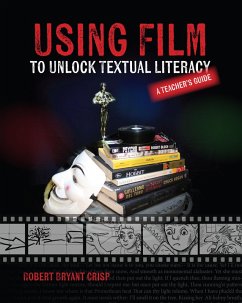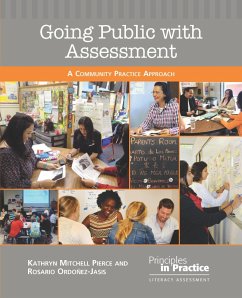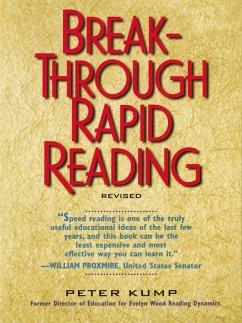
The Reader Response Notebook (eBook, ePUB)
Teaching toward Agency, Autonomy, and Accountability

PAYBACK Punkte
7 °P sammeln!
Ted Kesler, with a community of grade school teachers and students, demonstrates how students' creative responses lead to deep comprehension of diverse texts and ultimately help them to develop their literate identities.The Reader Response Notebook (RRN) is a tried-and-true tool in elementary and middle school classrooms. However, teachers and students often express frustration with this tool. Responses can read as though students are just going through the motions, with little evidence of deep comprehension. With this book, teacher educator and consultant Ted Kesler breathes new life into the...
Ted Kesler, with a community of grade school teachers and students, demonstrates how students' creative responses lead to deep comprehension of diverse texts and ultimately help them to develop their literate identities.
The Reader Response Notebook (RRN) is a tried-and-true tool in elementary and middle school classrooms. However, teachers and students often express frustration with this tool. Responses can read as though students are just going through the motions, with little evidence of deep comprehension. With this book, teacher educator and consultant Ted Kesler breathes new life into the RRN by infusing this work with three key practices:
The Reader Response Notebook (RRN) is a tried-and-true tool in elementary and middle school classrooms. However, teachers and students often express frustration with this tool. Responses can read as though students are just going through the motions, with little evidence of deep comprehension. With this book, teacher educator and consultant Ted Kesler breathes new life into the RRN by infusing this work with three key practices:
- Encouraging responses to reflect design work, using a variety of writing tools
- Expanding what counts as text, including popular culture texts that are important in students' lives outside of school
- And making the RRN an integral part of a community of practice
Dieser Download kann aus rechtlichen Gründen nur mit Rechnungsadresse in A, D ausgeliefert werden.




